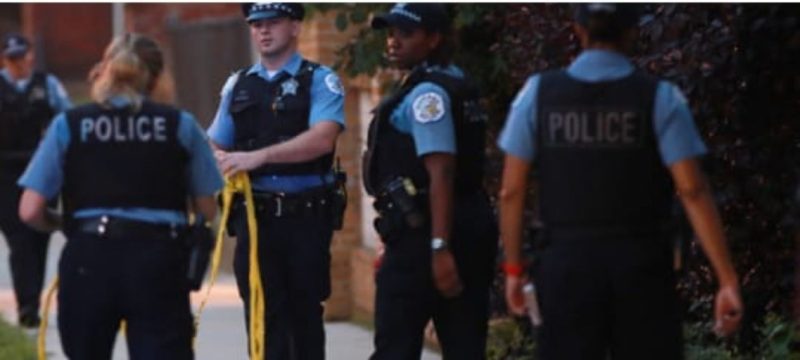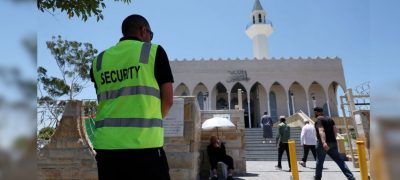News Article:
Immigration and Customs Enforcement (ICE) officers involved in a fatal Chicago shooting were not wearing body cameras, authorities confirmed this week. The incident has raised new concerns about transparency in law enforcement.
The shooting happened after ICE officers approached a man who was allegedly driving erratically. According to officials, the man dragged an officer with his car, prompting another officer to open fire. The man was killed during the confrontation.
Advocates and family members have questioned the use of force and demanded video evidence. However, ICE officers were not equipped with body cameras during the incident. This absence of footage has fueled criticism and left many unanswered questions.
The lack of body cameras has become a broader issue in law enforcement accountability. While many police departments nationwide now use cameras, federal agencies such as ICE have not fully adopted the technology. Critics argue that body cameras help build trust, provide transparency, and protect both officers and civilians.
Family members of the victim are calling for an independent investigation. Civil rights groups also insist the Department of Homeland Security must speed up its body camera program for ICE. They argue the absence of video evidence undermines public confidence and accountability.
The ICE body camera program has been under discussion for years. Some pilot programs have begun, but most officers in the field remain unequipped. Officials cite logistical and funding challenges, though critics say the delay is no longer acceptable.
The Chicago shooting has renewed pressure on federal authorities to expand the program. Lawmakers have also raised concerns, urging oversight to ensure similar incidents in the future are recorded.
For now, the case continues to stir debate. With no body camera footage available, investigators must rely on officer accounts, witness statements, and other evidence. Advocates warn that this gap could further erode trust in ICE’s practices.
The fatal Chicago shooting highlights the urgent calls for reform. As pressure mounts, questions remain on whether ICE will accelerate the use of body cameras to ensure greater accountability in the future.
For more on global media rights and the full findings, read the latest news on :Charlie Kirk suspect confessed in hidden note







